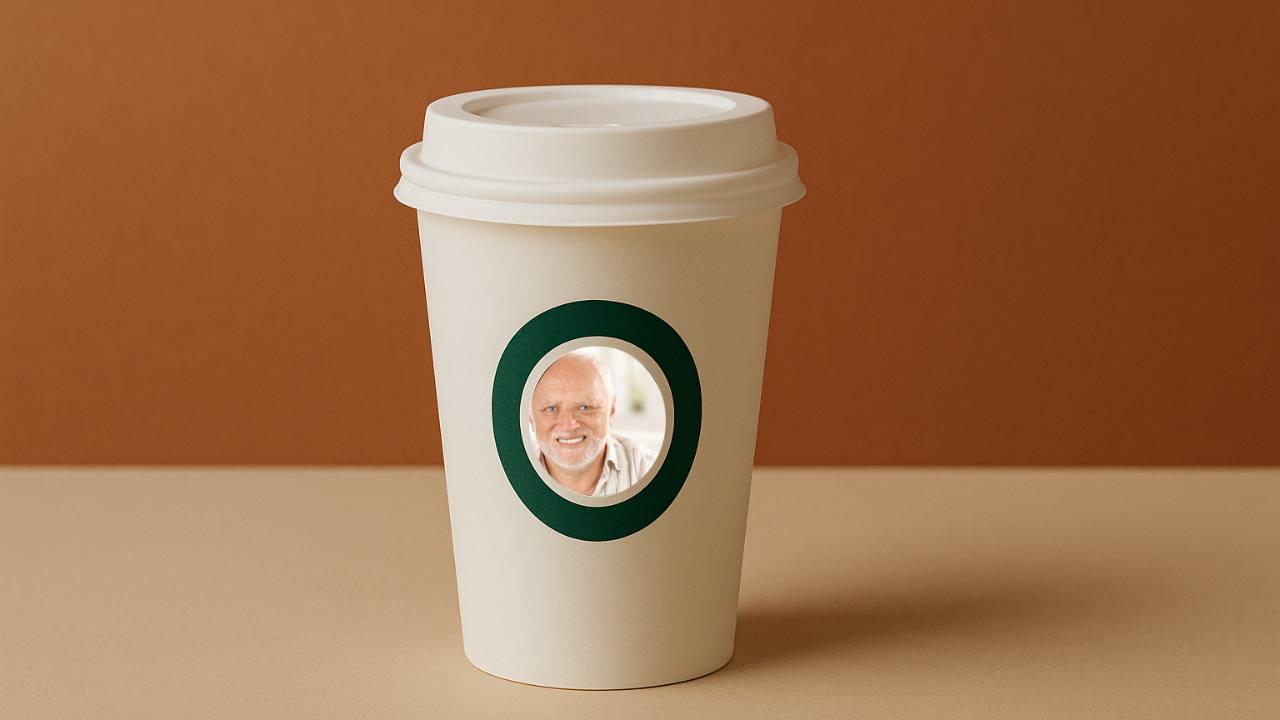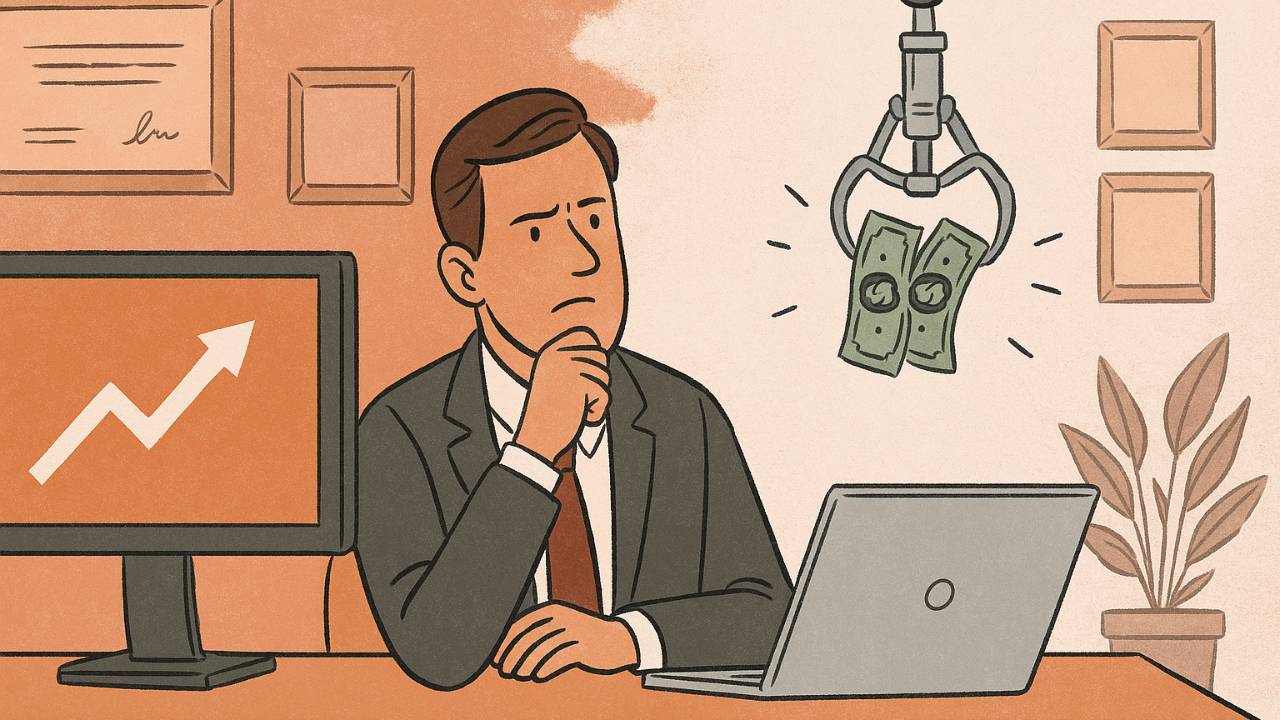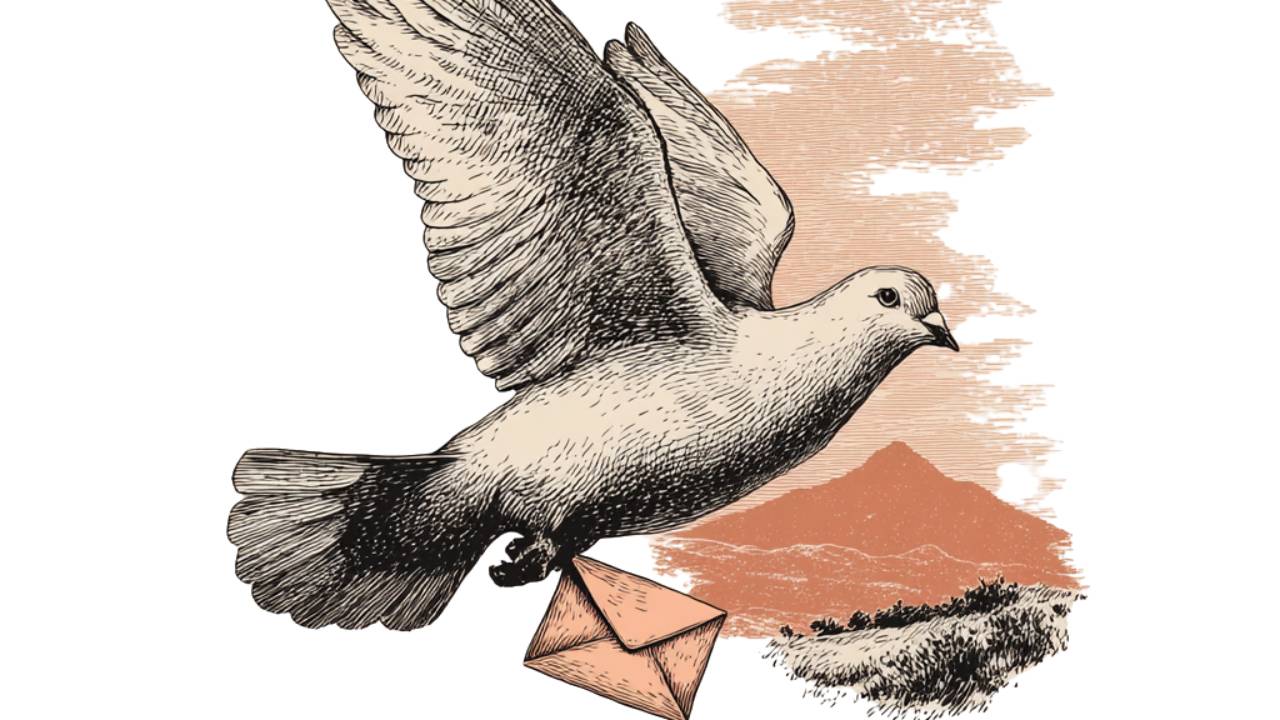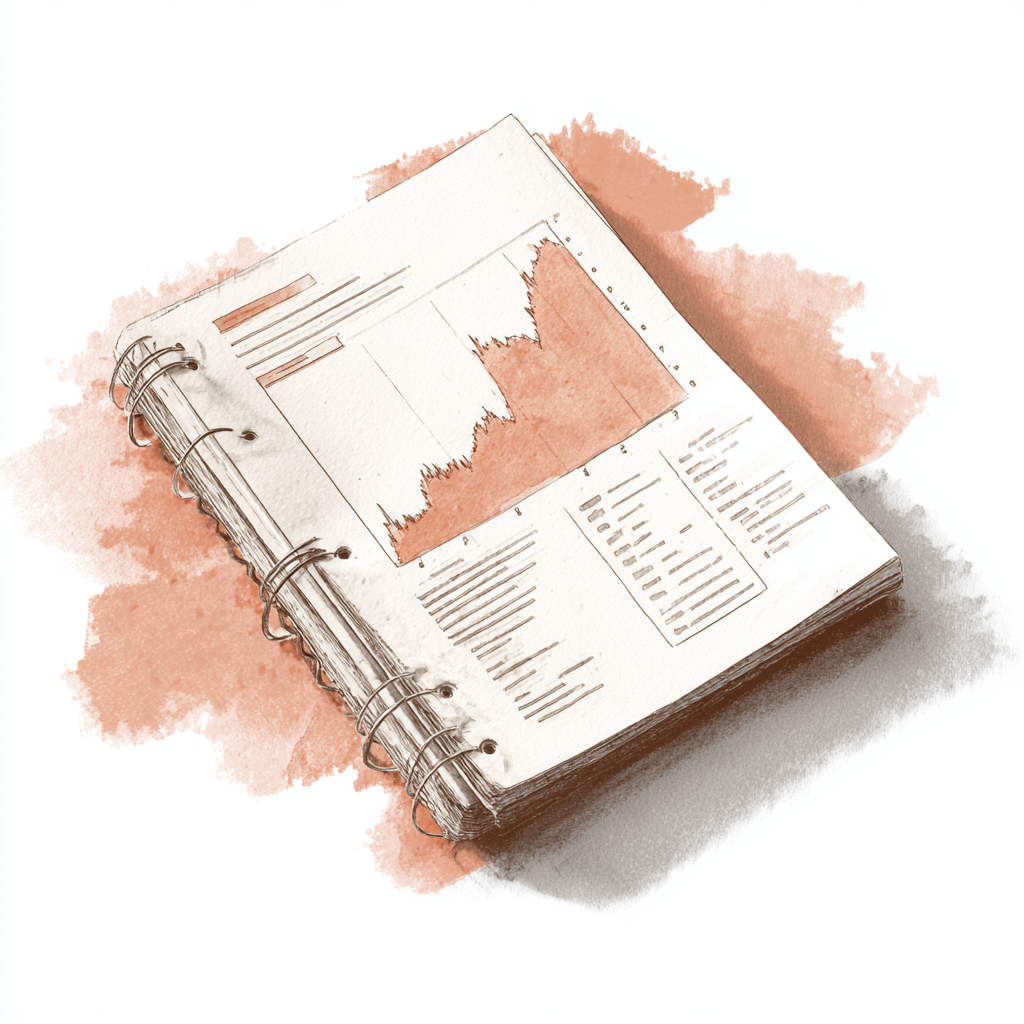The Quiet Engine of Envy
A few weeks ago, I was scrolling headlines when I saw the list of this year’s MacArthur “Genius Grant” fellows. I clicked through, and somewhere between admiration and curiosity, I felt it—envy.
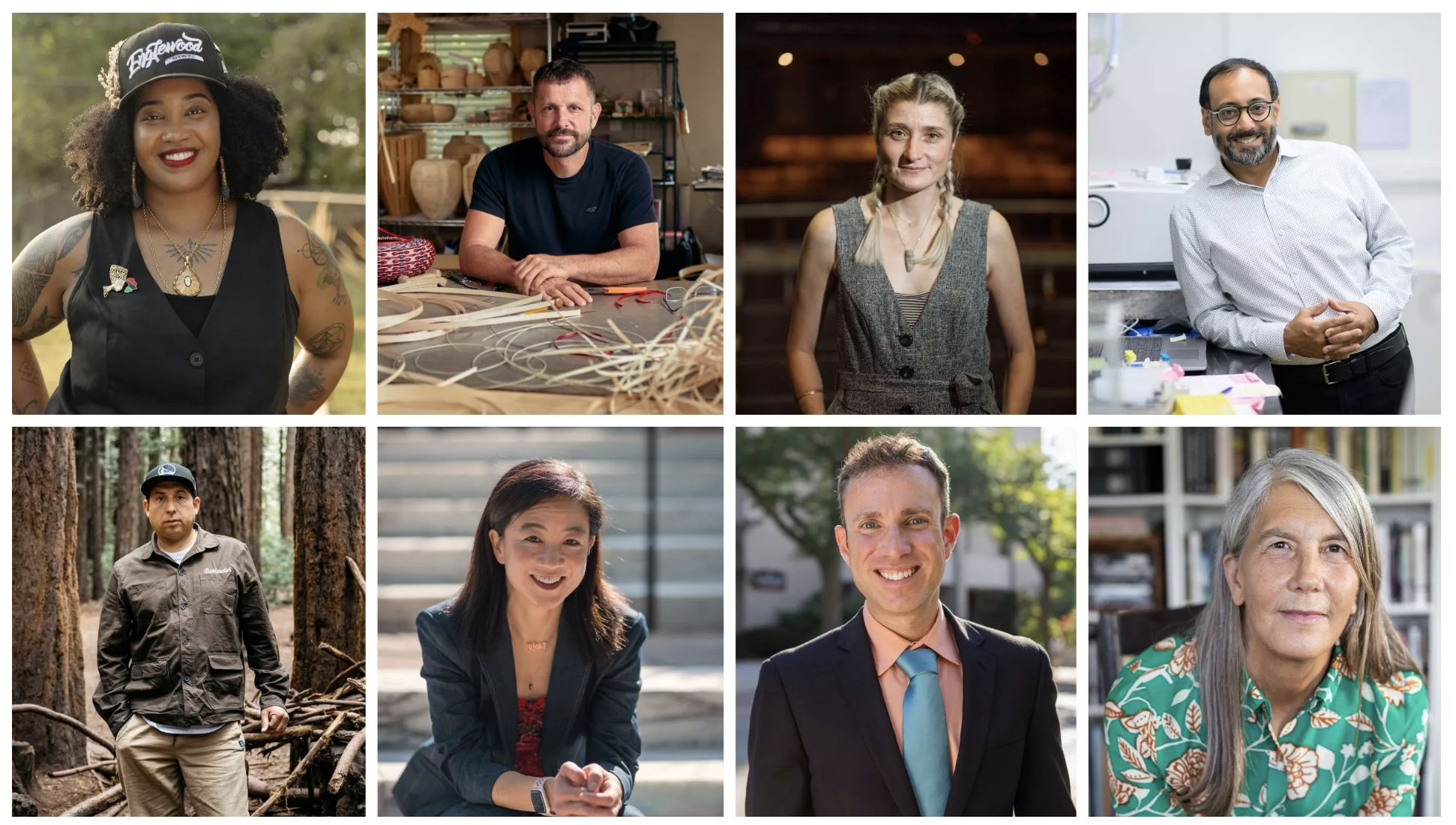
Not the cartoonish kind. The quiet kind that hums underneath your ribs. The kind that whispers, They’ve found their thing—and you still haven’t.
What I envied wasn’t the money or the title. It was the singularity of it. The clarity. The idea of being known for one thing so pure and focused that the world simply nods and says, “Yes, that’s what she does.” I've never had that.
It wasn’t jealousy—it was longing, disguised as envy.
The shape-shifting emotion
Envy doesn’t announce itself like anger or grief. It slips in dressed as motivation, ambition, or “high standards.” You see someone’s highlight reel and start planning your own comeback. You tell yourself it’s about growth, but really, it’s about worth.
Envy is the emotion of discontented measurement. It makes you forget the difference between wanting to do something and wanting to be seen doing it.
In our culture, envy looks a lot like success.
We’re surrounded by systems that feed on comparison. Every algorithm is a mirror angled slightly upward—designed to keep us straining toward someone else’s reflection. “Look,” it says, “this is what good looks like.”
In business, envy hides behind words like “inspiration” or “best practice.” We borrow other people’s playbooks because their results seem undeniable. But imitation, even well-meaning, is a form of envy—it assumes someone else has already cracked the code, and you haven’t.
The leadership cost
I know because I’ve done it.
A few years ago, I was working alongside a group of people building large Twitter followings. They were smart, prolific, and genuinely good at it. I watched their numbers climb while mine stayed stubbornly modest.
So I tried to play the game. I studied the trends, mimicked the tone, scheduled the threads. And I hated every second of it.
It took me months—too many—to admit I didn’t actually enjoy Twitter. The pressure I felt wasn’t about expression; it was about belonging. Envy had turned into a strategy.
That’s what makes envy so corrosive for leaders. It’s not always loud or obvious; it’s subtle and strategic. It seeps into decisions—what to build, who to hire, what “success” should look like. It shifts the goal from true to impressive.
Teams feel that distortion. They can tell when their leader is building from conviction versus comparison. One creates clarity; the other breeds chaos and quiet resentment.
When envy drives, you don’t lead—you react.
The contagion of discontent
Envy isn’t just an individual glitch; it’s a cultural contagion. Entire industries are shaped around it.
Think about how companies benchmark themselves—not against their own values, but against competitors’ optics. How often “innovation” really just means “catching up.” How many products, campaigns, or cultural statements are born not from purpose, but from pressure.
Envy flattens originality. It replaces curiosity with mimicry. It makes empathy optional, because everything becomes a race.
In that kind of environment, even success feels brittle. You can hit every metric and still feel like you’re losing, because you’re measuring yourself with someone else’s ruler.
The deeper cost
I'm still fighting stage iv cancer—eighteen months and counting. It’s changed more than my body; it’s rewired my tolerance for poison.
And envy, I’ve realized, is a sneaky one. It convinces you that discontent is noble—that restlessness equals drive. But there’s a point where striving becomes self-harm.
I’ve learned that discontentedness is a signal. It tells you you’ve lost connection to your own values.
Yes, being a Genius Grant fellow would be incredible. But if I built a life around chasing that kind of validation—if I shaped my work to earn applause instead of alignment—I’d fail. Maybe not publicly, but emotionally. Spiritually.
I guess I’m not chasing genius. I’m chasing clarity. The craft of stripping business ideas down to their most human form. There’s no award for that, but there’s peace...most of the time.
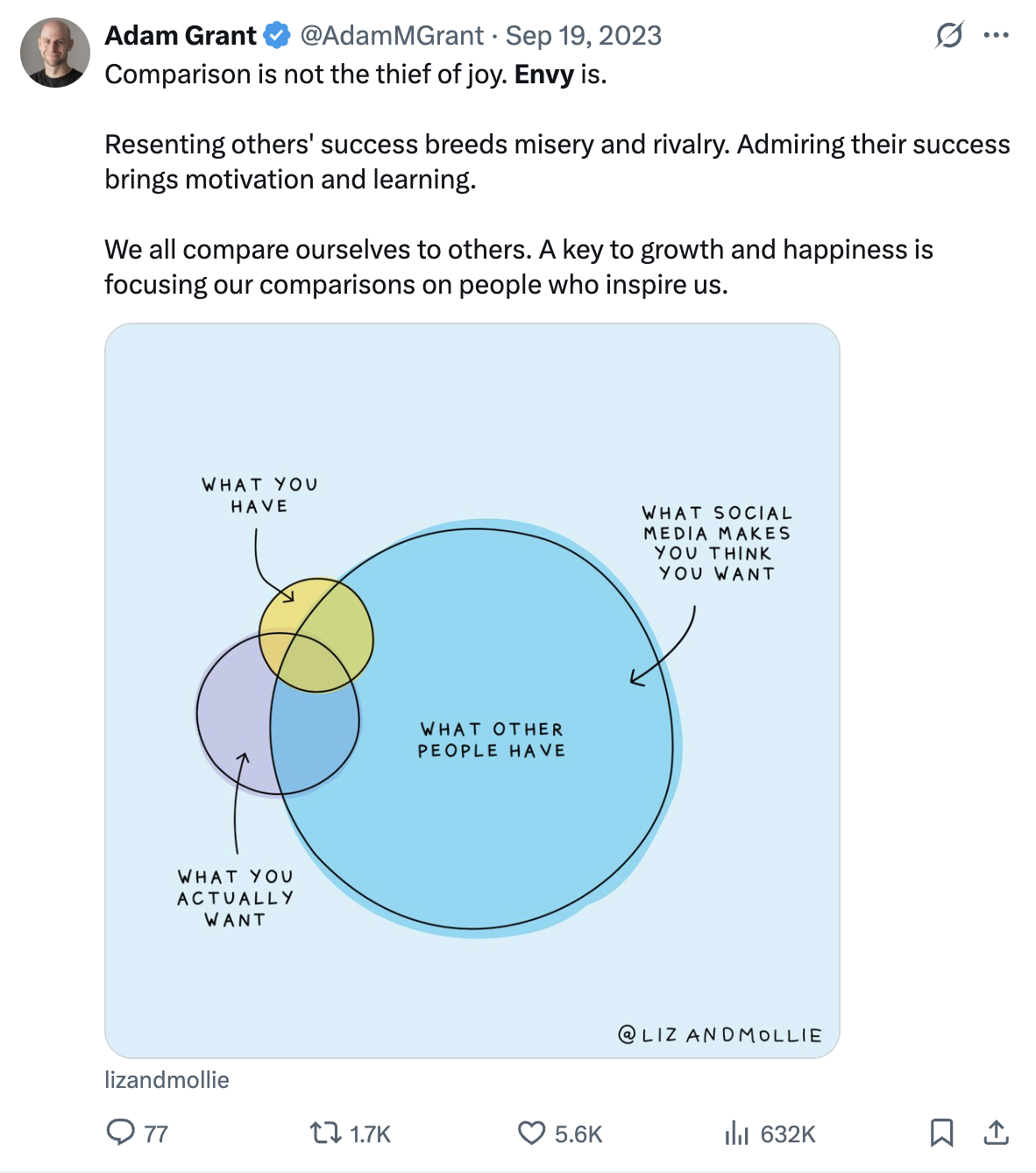
What envy is trying to tell you
Envy isn’t useless—it’s data. It points toward something you care about. But it needs translation.
When you feel envy, you can ask:
-
What is this person’s life or work showing me about what I want more of?
-
Do I want their outcome—or their sense of alignment?
-
What would it look like to admire without needing to acquire?
It’s possible to let envy become a mirror instead of a map. To use it to clarify your lane, not abandon it.
Leaders who can name envy—out loud—build trust. Because everyone feels it, and pretending not to only isolates us further. When a leader admits, “Yeah, I felt that twinge too,” it gives everyone else permission to drop the act and return to honesty.
The most empathetic cultures aren’t envy-free; they’re envy-literate. They can feel the tug of comparison and still choose connection over competition.
The slow unlearning
I still catch myself slipping. I’ll see another consultant land a big client or publish a book, and that small, green flicker rises up again. But now I notice it. I can say, “Ah. There you are. What are you trying to show me?”
Usually the answer isn’t about them—it’s about me. About wanting focus, not fame. Depth, not dominance.
When I’m clear on what I value—integrity, humanity, craft—the noise fades. When I forget, the noise becomes the work itself.
The better company to keep
If envy is a kind of hunger, contentment isn’t its opposite; it’s its nourishment.
The work, I think, is to keep choosing better company: curiosity, generosity, clarity. The companions that help you stay in your lane without shrinking it.
Because envy will always knock—it’s part of being human. But we don’t have to invite it in, pour it a drink, and let it rewrite our story. We can meet it at the door, thank it for the reminder of what we value, and then get back to work—our work.
April

